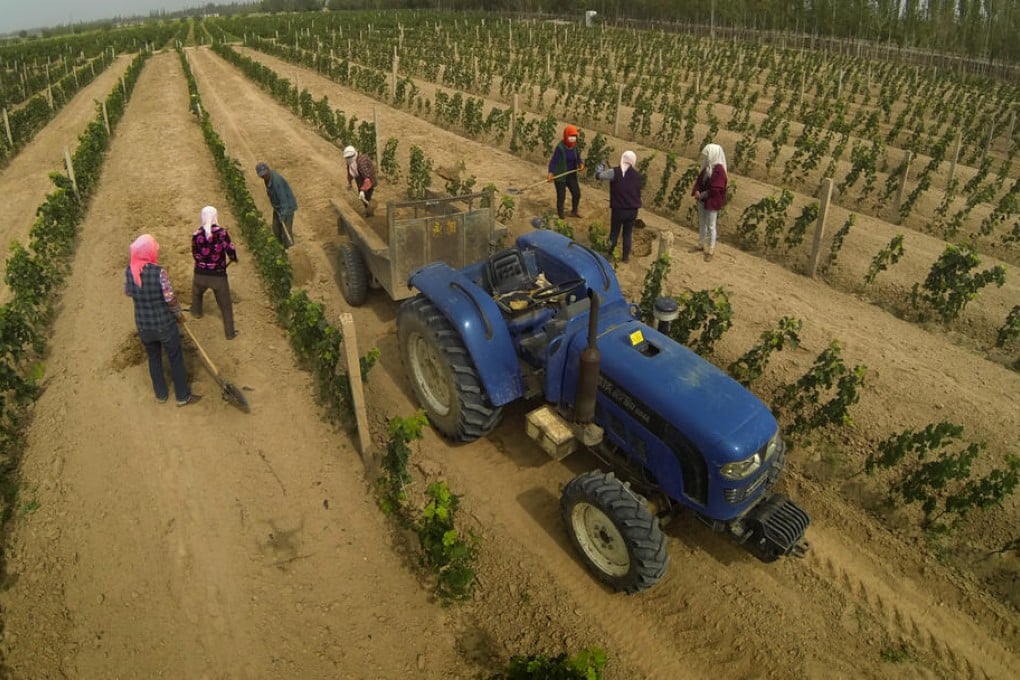Mainland investment opportunities still exist for Hong Kong - if you look hard enough
John Chan is inspired by stories of Hongkongers seizing investment openings across the border, but with the city turning inward, mainland businesses are shifting their focus

Ningxia choy-sum is well known to housewives in Hong Kong, but a recent visit to the Ningxia Hui Autonomous Region revealed something that few of us notice. A friend in Yinchuan city took me to visit Yongning county, a remote area to the south that, with an area close to that of Hong Kong's, is quickly turning into an important base for wine production in China.
The story began in 2007 when the local government proposed to start planting white poplars, in the semi-desert areas along the eastern foothills of the Helan Mountains, for making paper. Extensive surveys revealed that the soil, climate and even latitude of the Gobi semi-desert areas are similar to those of the Bordeaux region in France - except that there is less rain.
The results caused the government to change its mind, and instead of planting white poplar trees, officials invited in vine planters and wine producers, turning the semi-desert area into a region of vineyards and wineries. Qian Xiaoke, Communist Party secretary of the county, said they plan to turn the region into an important wine production base.
Since 2007, 23 wineries have sprung up in the county; almost all employ experts from France as advisers to ensure the quality of both the red and white wines produced.
In one of the three wineries I visited, I met Chen Deqi, the Hong Kong-based proprietor of a 40,000-hectare "organic ecological grape industrial park" in the region. He saw and seized the opportunity when the local government was planning to turn the region into a wine-producing area, and leased the land. He now plans to turn it into more than 100 wineries, which will be sold to wine lovers and interested investors. More than 20,000 hectares of his land have already been planted.
It is a spectacular development for a remote Gobi Desert county with a population of about 200,000, and soon wine-loving Chinese billionaires will no longer need to go to France or Italy to buy wineries.